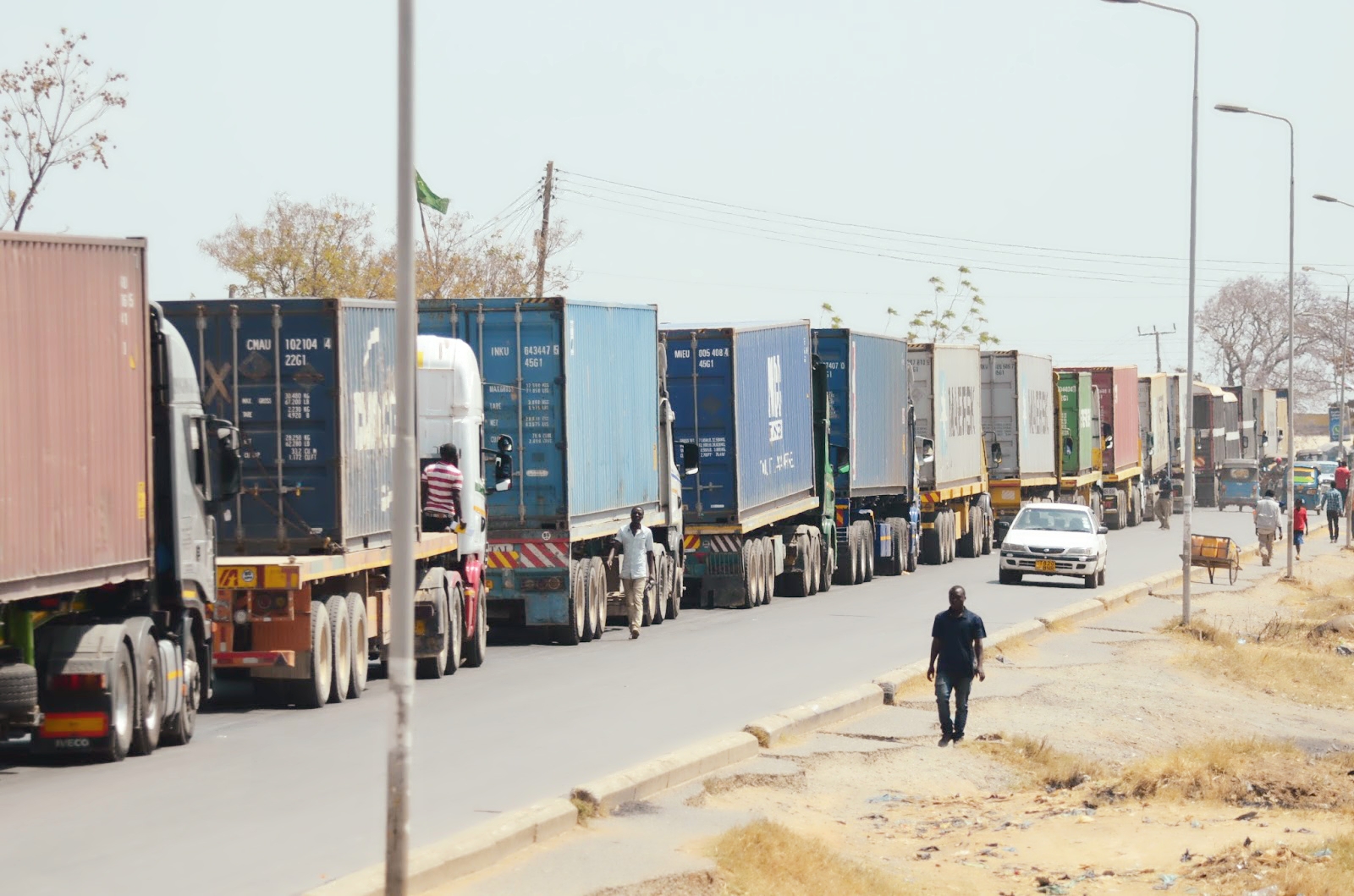Hope as Tanzania, Malawi set to end maize import ban

What you need to know:
- Last month, TPHPA issued a temporary ban on the importation of maize seeds from Malawi on the grounds of the ongoing Pest Risk Analysis, which includes an assessment of the risks associated with the introduction of genetically modified maize seeds.
Dar es Salaam. Tanzania and Malawi have agreed to share report information describing the status of maize from individual countries before lifting the import ban imposed on the produce last month, citing food safety concerns.
The Tanzania Plant Health and Pesticides (TPHPA) director general, Prof Joseph Ndunguru, told The Citizen the decision was reached on Thursday during a virtual meeting involving plant health and pesticide control officials from both sides.
Last month, TPHPA issued a temporary ban on the importation of maize seeds from Malawi on the grounds of the ongoing Pest Risk Analysis, which includes an assessment of the risks associated with the introduction of genetically modified maize seeds.
On December 18 and 19, 2023, the authority issued an import ban on maize and soybeans, respectively, from Malawi on the grounds that a thorough Pest Risk Analysis which was conducted to update the phytosanitary import requirements of the produce from Malawi.
This comes at a critical time when Malawi faces a severe shortage of food following Cyclone Freddy's crop destruction in the country.
Malawian authorities reportedly announced the ban on unmilled maize from Tanzania and Kenya, citing concerns about the spread of Maize Lethal Necrosis Disease (MLND).
However, on Thursday, Prof Ndunguru said after the virtual meeting that the exchange of information would enable both sides to make informed decisions.
“We have passed through different issues to enable trade to continue. Therefore, we are currently finalising reports that will be shared among institutions on both sides,” he said.
“We have agreed on the timeline that these reports should be shared in the next few days because we have taken the issue with a sense of great urgency,” he insisted.
Furthermore, Prof Ndunguru said Tanzania had prepared a report showing the state of its maize, noting that it would be exchanged with their Malawian counterparts.
He said both institutions were entrusted with controlling crop pests, noting that decisions would be made based on reports from both sides.
“The fact that the two institutions have met for deliberations is good news for traders and citizens in both countries,” he said.
The deliberation has come at a time when reports say that the World Food Programme (WFP) has started milling 30,000 metric tonnes of relief maize for Malawians.
Authorities say the first shipment of the milled grain is expected to arrive in the country next week.
Ironically, the maize the WFP purchased for milling is from Tanzania, with reports saying that the grain was held up last week, awaiting the arrival of experts to test it for MLND.
However, the WFP country director in Malawi, Mr Paul Turnbul, told local media that, in the interests of time, it was agreed that no tests would be done and instead, the maize would be milled and flour imported to Malawi.
The commissioner for Malawi’s Department of Disaster Management Affairs, Mr Charles Kalemba, told the state broadcaster on Tuesday that importing flour to the country was safe.
“We are getting maize flour from Tanzania because the agriculture ministry did not say we cannot get maize, but what we call full-grain maize, which can be planted, [that’s] where the problem is,” he said. “But getting food in the form of maize flour, that’s okay.”
Mr Ronald Chilumpha, an expert in crop protection in Malawi, said he did not expect Malawi to ban maize grain from Tanzania.
“Maize necrosis has been there in East Africa since 2012,” he said. “Malawi has been on alert for the potential presence of the disease in the country. I do believe that these are scientific issues that can be discussed from a scientific point of view and come to a consensus.”
Authorities in Malawi estimated that 4.4 million people, or about a quarter of Malawi’s population, will face food shortages over the next three months.
The food shortages are largely because of the impact of Cyclone Freddy, which washed away thousands of hectares of crops nearly a year ago.
Government statistics show that maize stocks in the national strategic reserves have dropped to 68,000 metric tonnes, 100,000 less than required to adequately address hunger in the Southern African nation.
The WFP regional director for Southern Africa, Menghestab Haile, met with Malawi President Lazarus Chakwera on Tuesday and told reporters that several other African countries were also facing a hunger situation.
“The problem of food insecurity is not only in Malawi,” he said. “The whole region is looking at a crisis; we don't know what El Nino will do. So, what we as WFP do is support the government in every way possible to make sure that we have necessary resources mobilised and distributed to people who deserve those resources.”
Speaking on the development, Prof Ndunguru said it was a normal exercise for WFP to procure, process, and distribute food to the needy countries.
“Even imported maize to Malawi will be directed to the milling facilities without providing room for possible diversions with the aim of using them as seeds for agriculture production," "he said.



